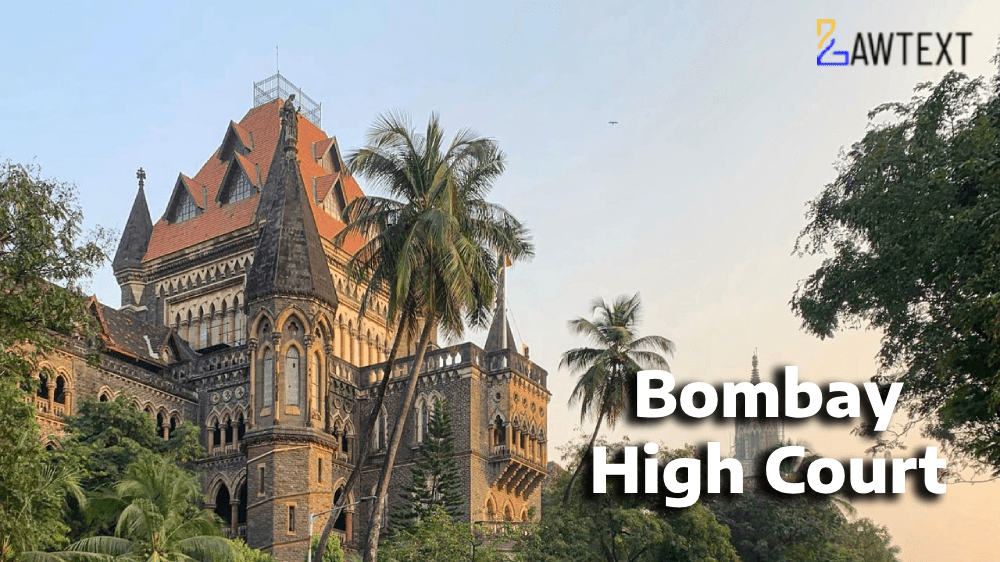"Fraud Vitiates Contracts: Bombay High Court Upholds Termination Over Forged Bank Guarantees." "Integrity in public contracts remains paramount—fraud nullifies all claims."

CASE NOTE & SUMMARY
The Bombay High Court dismissed the writ petition filed by Petitioner challenging the termination of its railway contract. The court held that the submission of forged bank guarantees by the petitioner justified the termination under Clause 62 of the General Conditions of Contract (GCC-2022). Fraud vitiates contracts, and procedural safeguards cannot be invoked to defend fraudulent acts.
- Submission of forged bank guarantees constitutes a grave breach of trust.
- Fraud is irremediable and negates contractual relationships.
- Compliance with procedural requirements, such as issuing notices, is non-mandatory in cases of proven fraud.
- Relief under Article 226 is unavailable where fraud undermines public interest and contractual sanctity.
Acts and Sections Discussed:
-
Constitution of India:
- Article 226: Extraordinary Writ Jurisdiction.
-
General Conditions of Contract (GCC-2022):
- Clause 62(1)(ix): Termination for failure to execute contract documents.
- Clause 62(1)(xvi): Termination for submission of forged documents.
- Clause 17B: Penalty for delayed project execution.
-
Relevant Case Laws:
- S.P. Chengalvaraya Naidu v. Jagannath, (1994) 1 SCC 1: Fraud vitiates all solemn acts.
- State of U.P. v. Sudhir Kumar Singh, (2021) 19 SCC 706: Principles of natural justice are not rigid and must ensure substantive justice.
Background of the Dispute (Paras 1–4):
- Contract awarded to M/s K. K. Vidyut for railway infrastructure development following an e-tender process.
- Submission of performance bank guarantees by the petitioner, later verified and accepted initially by the respondents.
Discovery of Fraudulent Guarantees (Paras 5–9):
- Respondents re-verified the bank guarantees in September 2024, finding them to be forged.
- Show-cause notices issued, citing forged documents as a breach under Clause 62 of the GCC.
Petitioner’s Responses and Delays (Paras 10–12):
- The petitioner requested multiple extensions citing the unavailability of its director.
- Despite repeated opportunities, no substantive reply was provided to refute the allegations.
Termination of Contract (Paras 13–15):
- The contract was terminated on 30 October 2024.
- Respondents debarring the petitioner and invoking forfeiture of security deposits and bank guarantees.
Legal Contentions (Paras 16–21):
- Petitioner’s Arguments: Non-compliance with mandatory notice provisions and principles of natural justice.
- Respondents’ Arguments: Fraud is irremediable, and due process was followed with ample notice.
Court’s Analysis (Paras 22–50):
- Fraudulent acts undermine the integrity of public contracts.
- Procedural safeguards under Clause 62 do not apply to irremediable defaults like fraud.
- Issuance of multiple show-cause notices satisfied the principles of natural justice.
Conclusion (Paras 51–58):
- Fraud vitiates the petitioner’s claim for relief under Article 226.
- Termination of the contract upheld as consistent with the law and GCC provisions.
Subjects:
Contract Law, Fraudulent Practices, Termination of Public Contracts.
#FraudInContracts #PublicProcurement #NaturalJustice #RailwayContracts #Clause62GCC
ISSUE OF CONSIDERATION
M/s. K. K. Vidyut Versus Union of India & Ors.
Citation: 2024 LawText (BOM) (12) 198
Case Number: WRIT PETITION (L) NO.35600 OF 2024
Date of Decision: 2024-12-19
Case Title: M/s. K. K. Vidyut Versus Union of India & Ors.
Before Judge: Mr. Subhash Jha a/w Siddharth Jha, Navneetha Krishnan, Apeksha Sharma, Sumeet Upadhyay, Ashish Saxena i/by Law Global for the petitioner. Mr. N. R. Bubna for the respondents.
Advocate(s): DEVENDRA KUMAR UPADHYAYA, CJ & AMIT BORKAR, J.
Appellant: M/s. K. K. Vidyut
Respondent: Union of India & Ors.

